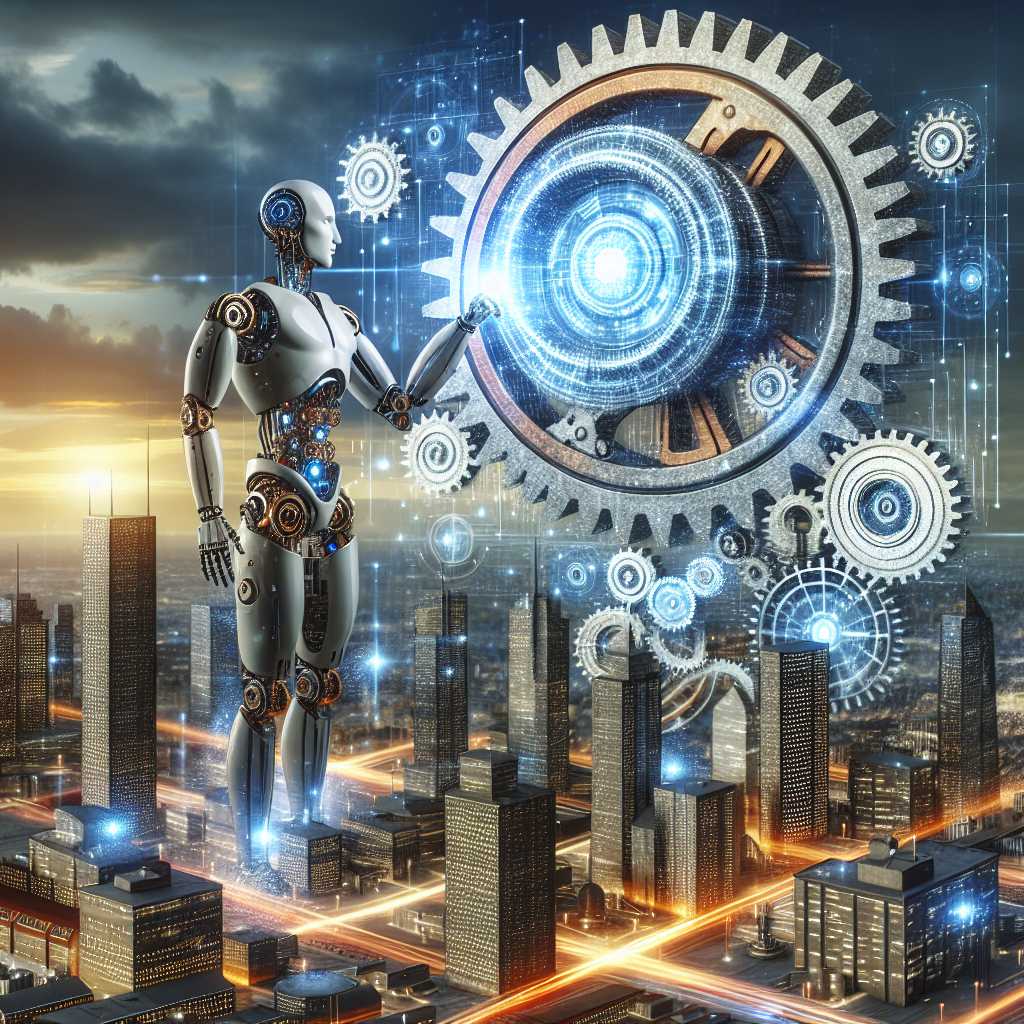The Impact of AI Deployment on Job Markets
Artificial Intelligence (AI) has been a hot topic in recent years, with many experts predicting that it will revolutionize the way we live and work. While AI has the potential to bring about many positive changes, there are also concerns about its impact on job markets. As AI technologies become more advanced and widespread, they have the potential to automate tasks that were previously performed by humans, leading to job displacement and changes in the workforce.
AI Deployment and Job Displacement
One of the primary concerns about AI deployment is the potential for job displacement. As AI technologies become more advanced, they are increasingly able to perform tasks that were previously only possible for humans. This includes tasks like data analysis, customer service, and even creative tasks like writing and design. As a result, there is concern that AI deployment could lead to the loss of jobs in these areas.
In fact, a report by the McKinsey Global Institute found that up to 375 million workers worldwide could be displaced by automation by 2030. This represents about 14% of the global workforce. While some of these workers may be able to transition to new roles within their industry, others may struggle to find work in a rapidly changing job market.
However, it’s important to note that job displacement is not a new phenomenon. Throughout history, technological advancements have led to changes in the workforce and shifts in the types of jobs available. While AI deployment may accelerate this process, it is not necessarily a cause for alarm. Instead, it presents an opportunity for workers to adapt and reskill to meet the demands of a changing job market.
AI Deployment and Job Creation
While AI deployment may lead to job displacement in some sectors, it also has the potential to create new job opportunities in others. As AI technologies become more advanced, they are creating new industries and roles that did not exist before. For example, the field of data science has grown rapidly in recent years, creating new opportunities for workers with skills in data analysis and machine learning.
In addition, AI technologies are being used to enhance existing jobs and create new efficiencies in the workplace. For example, AI-powered chatbots are being used to improve customer service, while AI algorithms are being used to optimize supply chains and reduce costs. These advancements have the potential to create new job opportunities for workers with skills in AI and related technologies.
Overall, while AI deployment may lead to job displacement in some sectors, it also has the potential to create new job opportunities in others. As with any technological advancement, the key is for workers to adapt and reskill to meet the demands of a changing job market.
FAQs
Q: Will AI deployment lead to widespread job displacement?
A: While AI deployment has the potential to automate tasks and lead to job displacement in some sectors, it is not necessarily a cause for alarm. Throughout history, technological advancements have led to changes in the workforce, and workers have adapted by reskilling and transitioning to new roles. AI deployment presents an opportunity for workers to do the same.
Q: What can workers do to prepare for the impact of AI deployment on job markets?
A: Workers can prepare for the impact of AI deployment by staying informed about developments in AI and related technologies, and by acquiring new skills that are in demand in the job market. This may include skills in data analysis, machine learning, and other AI-related fields. Workers can also consider seeking out training and educational opportunities to enhance their skills and stay competitive in a changing job market.
Q: What role do policymakers play in addressing the impact of AI deployment on job markets?
A: Policymakers have an important role to play in addressing the impact of AI deployment on job markets. This may include implementing policies to support workers who are displaced by automation, such as job training programs and income support. Policymakers can also work to promote the responsible deployment of AI technologies, ensuring that they are used in a way that benefits workers and society as a whole.

